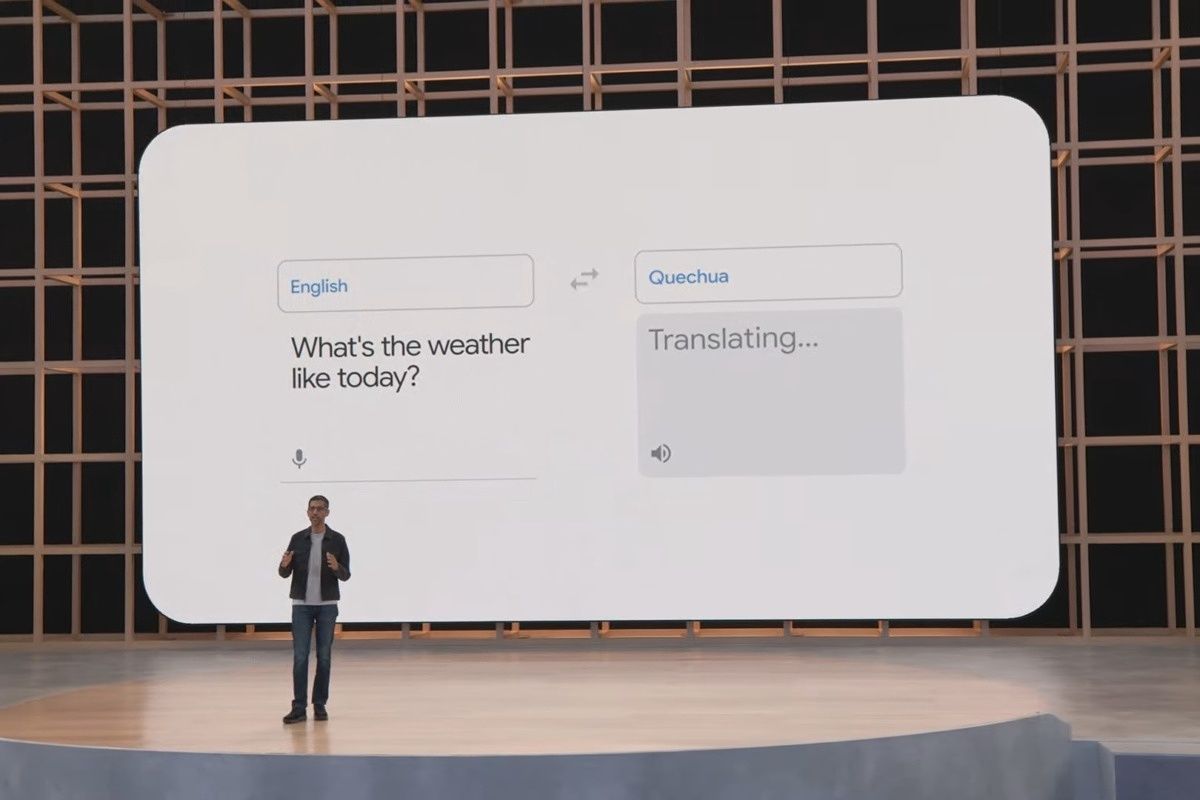Google has announced that it's adding support for 24 new languages in Google Translate. The new languages are joining the already large list of options, and these languages are spoken by more than 300 million people, collectively.
The newly added languages are ones that are severely underserved on the internet, and Google says it's hard to find bilingual text that includes these languages. As such, typical training models don't work, since they take into consideration the same expression in two different languages. As such, Google developed a monolingual model that allowed it to add support for these new languages without needing equivalent text in a different language. The company calls this Zero-Shot Machine Translation, and while it works, it's not quite as accurate as a bilingual model would be by itself. As such, Google says it worked with native speakers and institutions and determined that the automated translation were of "sufficient quality" to be useful.
If you're wondering what the new languages are, Google has provided a full list. They include:
- Assamese
- Aymara
- Bambara
- Bhojpuri
- Dhivehi
- Dogri
- Ewe
- Guarani
- Ilocano
- Konkani
- Krio
- Kurdish (Sorani)
- Lingala
- Luganda
- Maithili
- Meiteilon (Manipuri)
- Mizo
- Oromo
- Quechua
- Sanskrit
- Sepedi
- Tigrinya
- Tsonga
- Twi
While some of these languages are spoken by millions of people, some of them aren't all that common. For example, Dhivehi is only spoken by about 300,000 people, and Mizo is used by 830,000 people in Northeast India. That should be a good indicator of the technical achievement it is to get these languages added to Google Translate. With these 24 additions, Google Translate now supports 133 languages in total.
All 24 of the new languages should be available starting today, and Google says it will continue improving the models over time to make translation more accurate and reliable. The company also shared some insight into how the AI model was developed if you're interested in learning more about how it came to be.

